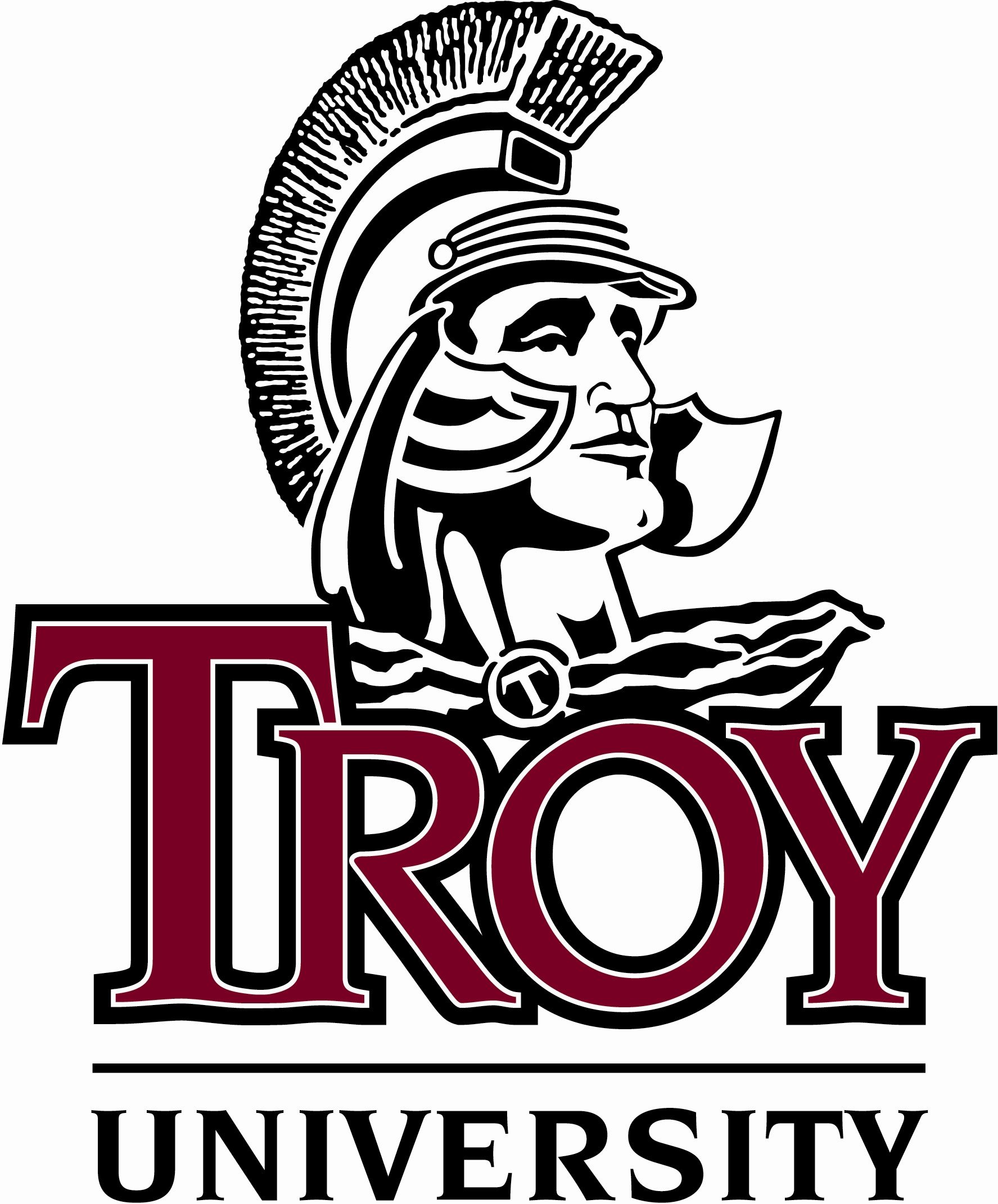
Sign up here to join a mailing list for future updates about the Teacher Apprenticeship Pilot.
TEACHER APPRENTICESHIP PILOT
Documents of Interest
Scroll to the bottom of the page for FAQs.
***ELEMENTARY EDUCATION IS BEING ADDED FOR THE ’24-’25 COHORT. CONTACT YOUR PARTNERING UNIVERSITY FOR MORE INFORMATION.***
Click the logo below to get information specific to the teacher apprenticeship for each sponsoring university.
Teacher FAQs
A: In LEAs receiving incentive funds, the journeyworker will be paid a stipend of not less than $4,000 for year one and $3,000 for year two. These amounts may vary in LEAs who do not receive incentive funds from the AOA.
A: Apprentices will be paid not less than 65% of base teacher pay in year one and 85% in year two. Currently, that would equate to $28,746.90 and $37,592.10. Upon completion, apprentices will make standard teacher pay.
A: This is an LEA decision. The AOA recommends careful consideration before allowing an apprentice teacher to coach because they will be committed already to working full-time and taking a full-time course load toward their bachelor’s degree.
A: Consideration should be given to the existing relationships, the prior coursework of potential apprentices, overall cost of tuition, and the alignment of course offerings with apprentice availability.
A: The application for apprenticeships is a multi-step process. The LEA serving as the employer selects the individuals they want to invest in as apprentices. The sponsors of the apprenticeship (universities) will review applications to their specific programs. The AOA will review final submissions for registration of apprentices and the ALSDE will review applications to determine eligibility for a teacher apprentice license.
A: AOA policy does not allow apprentices to incur debt for the cost of the apprenticeship training. Employers who participate in apprenticeship commit to pay the costs related to training after gift aid, Pell Grant, scholarships, GI Bill, and other similar aide is applied to the student’s bill. The relevant AOA policy can be found here. While not encouraged, employers may ask for work commitments from apprentices, within certain guidelines. Information on those guidelines may be found here.
A: The exact number of hours varies by university. See Related Technical Instruction (RTI) section of apprenticeship documents for detailed course listings. The apprentice must be able to complete their remaining coursework within two academic years to be eligible to participate.
A: The final decision on this will be left to the LEA, but it is strongly recommended that LEAs start with their own current employees.
A: Yes, a school system can participate with one, some, or all the sponsoring universities.
A: Auburn University Montgomery, Jacksonville State University, Troy University, and University of West Alabama
A: This is discouraged because of the workload, but it is ultimately up to the discretion of the employer/school system.
A: Journeyworkers must meet the same requirements as teacher who supervise interns: Master’s Degree and 3 years of experience. The journeyworker must also be teaching in the field for which the apprentice is studying.
A: The application is multi-step and final details are being established. The basic steps will be as follows:
- Apprentice candidates will download the application and complete basic demographics.
- Apprentice candidates will submit their application to a participating EPP and request a transcript audit.
- If the apprentice candidate meets apprenticeship academic requirements, the EPP will forward the application to the candidate’s LEA.
- The LEA will decide if they want to select this person for apprenticeship.
- If the LEA selects the candidate as an apprentice, they will transmit the application and recommendation back to the EPP.
- The EPP will make a final review, register the apprentice in RAPIDS, and notify ALSDE.
- ALSDE will receive a copy of the completed application, apprentice registration, and required documentation and will issue a Teacher Apprentice Certificate.
A: The person must be a current employee of the school system in a paraprofessional role, be eligible to enroll in the education program at one of the participating EPPs, and have sufficient applicable and transferable coursework to be within two academic years of completing their degree. For details, review the work process documents for each participating university.
A: No. If the apprentice had tenure in their previous position, they do not give it up when they become an apprentice, but they cannot earn tenure as an apprentice.
A: This is a pilot program and depending on the success of the model, expansion may be possible for future cohorts.
**As of January ’24, elementary education is being added as an option for the first cohort. SpEd is still on hold as it will require a significantly different model.
A: A potential apprentice could be having their transcript audited by one of the university partners to determine if they are within two years of completion or if they might need to take additional classes to be eligible for the apprenticeship.
A: Incentive funding will be disbursed on a first come, fist serve basis to LEAs. The application process details will be forthcoming. The funding will be issued in a lump sum at the beginning of the academic year for each cohort of apprentices. In year one, LEAs approved for incentive funding will receive $40,000 and in year two, they will receive $20,000.
A: Yes. The full-cost of participation will be the responsibility of the LEA.
A: Each LEA is eligible to receive incentive funding for up to two apprentices. There is no maximum number of apprentices per district that are locally funded.
A: No. There will be an intense workload, and the apprentices must be strong students and employees. A struggling student would not be a good candidate for this program.
A: No, this is only for upskilling paraprofessionals who are already employed in the LEA.




